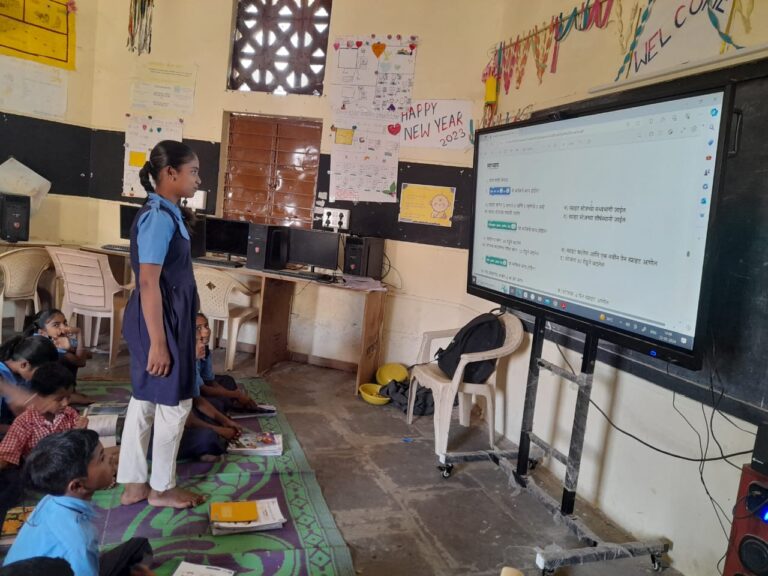
According to ASER 2018, an important national source of information about children’s foundational skills, there are significant gaps between what a child can do and what they are expected to do. Data shows, nationally, more than 40% of Class 1 children were unable to recognize letters of the alphabet, let alone read words or connect text.
These gaps emerge early in a child\’s school trajectories and widen as they move through the system. So does teaching coding make sense when children are already struggling with basic language and numeracy parameters?
In fact, it does! Coding is a new building block. It is a simple tool that instructs a machine to perform a task. Coding might look like a foreign language, but it’s a language anyone can pick up quite easily. Visual applications like MIT Scratch make learning coding creative and fun for kids by combining art, logic, and storytelling.
Children are alive and unique! For this reason, children should be introduced to various ways of learning so that they have the freedom to use what they can understand best. It is not necessary or beneficial to hold a child back from exploring the world of coding until basic literacy levels are attained. As long as your child is learning and developing cognitive abilities, it does not matter if every single word is learned before a child moves ahead in coding.
Learning is a mix of sequential and non-sequential activities. Research shows that children’s confidence and sense of agency grows when they are allowed to free-play and explore using their own sense of scientific inquiry. It is actually a good idea to introduce a coding curriculum in the early years that teaches lessons with visual (sight), kinesthetic (touch), and phonetic (sound) components, rather than sticking with only the way(s) they appear to learn best at a particular time.
Not only that, coding is a fantastic skill for life. It strengthens logical thinking and problem-solving skills – vital in many different areas of life.